
by bartmann | Apr 4, 2024
Utilitarianism is the idea that one ought to perform those actions that produce the greatest happiness for the greatest numbers, which is one of the most important views of morality ever developed. In this course we will explore Utilitarianism’s philosophical origins,...
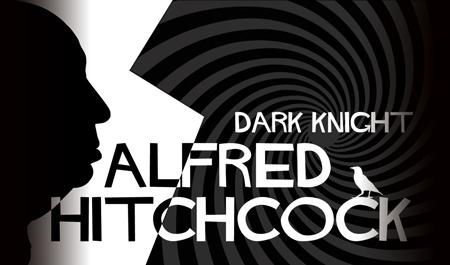
by bartmann | Apr 4, 2024
Join Professor Lanin Gyurko as he explores the life and films of one of the greatest film directors, Alfred Hitchcock, master of suspense, mystery, and intrigue. Films from the silent and sound eras, in black and white and color, and biopics will be discussed. The...

by bartmann | Apr 4, 2024
According to George Kennan, the Great War was “the seminal event of the Twentieth Century.” The war triggered both the Russian Revolution and the Irish Rebellion, and ended by toppling monarchies and destroying empires. But perhaps the “shock of the new” that...
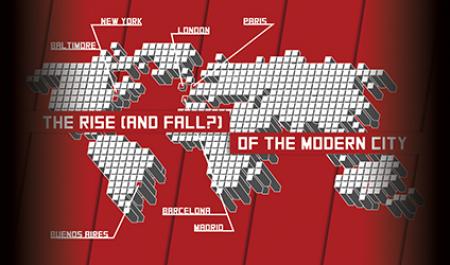
by bartmann | Apr 4, 2024
The city has been the motor of progress in modernity and the crucible of many of the social movements that have contested the darker underside of the modern. This seminar will explore how cities came to reside at the center of the modern project, how they have been...
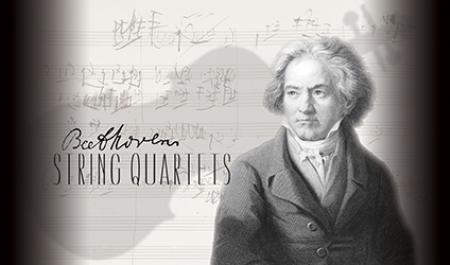
by bartmann | Apr 4, 2024
Ludwig van Beethoven was one of the great masters of the Classical and Romantic eras in music, and no genre summarizes his achievement better than the string quartet. This course will examine 16 works spread evenly throughout his early, middle, and late styles. The...
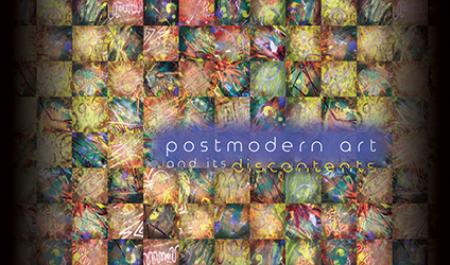
by bartmann | Apr 4, 2024
This course examines the issues, artists, and theories surrounding the rise of Postmodernism in the visual arts from 1970 into the twenty-first century. We will explore the emergence of pluralism in the visual arts against a backdrop of the rise of the global economy....

by bartmann | Apr 4, 2024
How did our globalized economy and international culture come to be? The “Rise of the West” idea has long suggested something innately superior about “Western civilization.” But there are better grounded ways than appeals to cultural or racial superiority to explain...
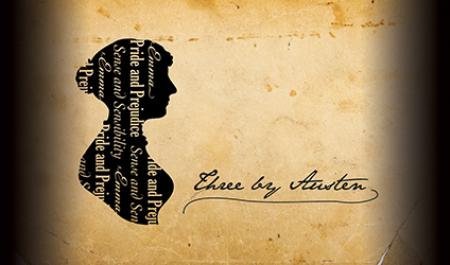
by bartmann | Apr 4, 2024
Jane Austen’s portrayals of Regency England’s provincial life provide fascinating commentary on social and economic issues as well as the characters’ psychology and emotional lives. Throughout this class we will attend to the ironic presentation,...

by bartmann | Apr 4, 2024
The role of tribal governments within the United States is not well understood, largely because most schools do not teach it. This course is designed to fill that gap. Each class will explore a different aspect of how tribal governments fit within the federal system....

by bartmann | Apr 4, 2024
The detective tale, born of the work of Edgar Alan Poe and altered by Dashiell Hammett, evolved over time in the hands of international masters such as Jorge Luis Borges, Manuel Vázquez Montalbán, Andrea Camilleri, and Donna Leon. Our examination helps identify the...
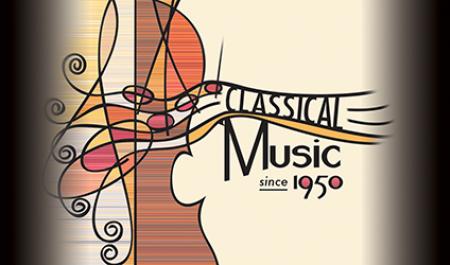
by bartmann | Apr 4, 2024
In four sessions we will look at works of art music from each of the decades of the latter half of the twentieth century. Our focus will be on the act and art of listening, and how to know what to listen for. We will explore the qualities of the music itself and...
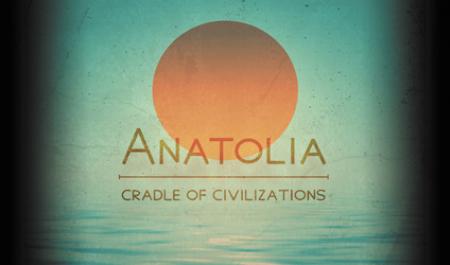
by bartmann | Apr 4, 2024
In this cultural excursion we will explore literary and artistic highlights of the diverse cultures that have flourished in the concise landmass of ancient Anatolia (modern Turkey) —Paleolithic and Neolithic habitation, Hittites, Amazons, Assyrians, Hebrew Biblical,...
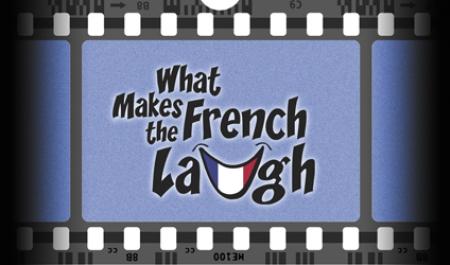
by bartmann | Apr 4, 2024
What makes the French laugh? Why do the French like Jerry Lewis (and other comedians such as Charles Chaplin) so much? Why does Hollywood remake so many French comedies? This interactive seminar responds to these questions by examining the comic and humor techniques...
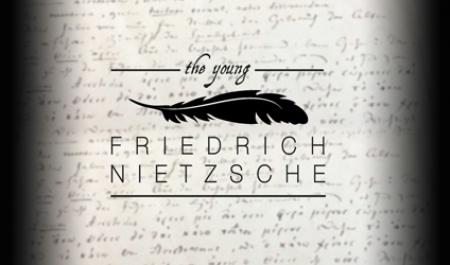
by bartmann | Apr 4, 2024
The youthful interests of Friedrich Nietzsche permeate his later work, for which the critical-creative writer is most widely known. We will first consider his early experiences, memories, illustrations, piano compositions, poetry, and prose, including his first major...
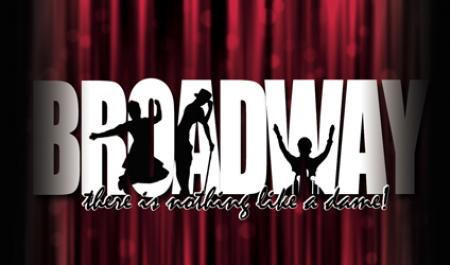
by bartmann | Apr 4, 2024
There Is Nothing Like a Dame! celebrates the women of Broadway who wrote the scripts, composed the songs, penned the lyrics, designed, directed, choreographed, and starred in classics of the American musical theater. The seminar introduces the women of the Golden Age...
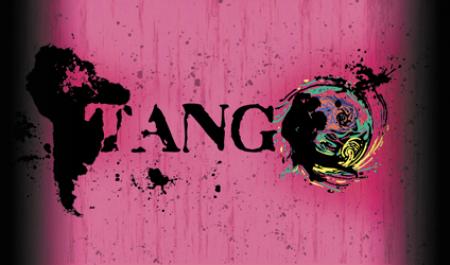
by bartmann | Apr 4, 2024
Forget the rose-in-the-mouth cliché, and discover how tango relates to art, activism, and even therapy. We will analyze films, advertising, theater, poetry, art, documentaries, material culture, digital art forms, and public protests to examine the production,...

by bartmann | Apr 4, 2024
This course analyzes the evolution of Chinese urban space to show how both Chinese people and outsiders viewed the evolving form of the city as the symbol of China’s progress, its position in the world, and its internal social dynamics. From the walls of the Forbidden...
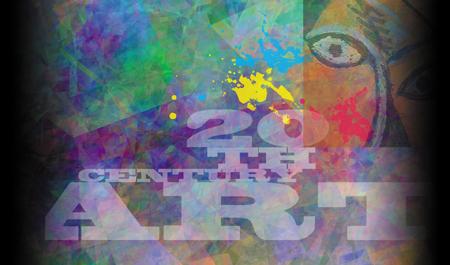
by bartmann | Apr 4, 2024
This course examines the fundamental issues and theories surrounding the art production and reception of Modern Art in Europe and America through the twentieth century. Framed by discussions of Post-Impressionist painting of the 1880s and the Post-Modern pluralist art...
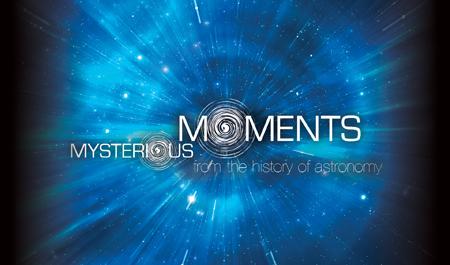
by bartmann | Apr 4, 2024
This seminar will examine mysterious moments, ancient and modern, which have come to the fore in humanity’s quest to understand our place in the cosmos. We begin in prehistory, where from the oldest humans we have evidence of sophisticated astronomy. How much did the...
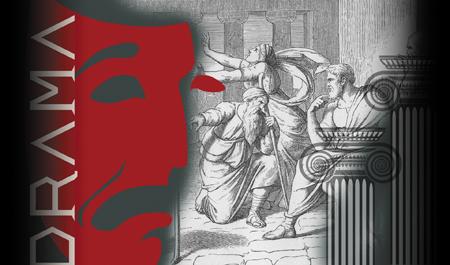
by bartmann | Apr 4, 2024
After 2500 years, Ancient Greek Drama still fascinates modern audiences. In this course students will explore the interactions between the ancient and modern. By reading ancient Greek plays or poems and reading or viewing a modern play or film based on the ancient,...





















